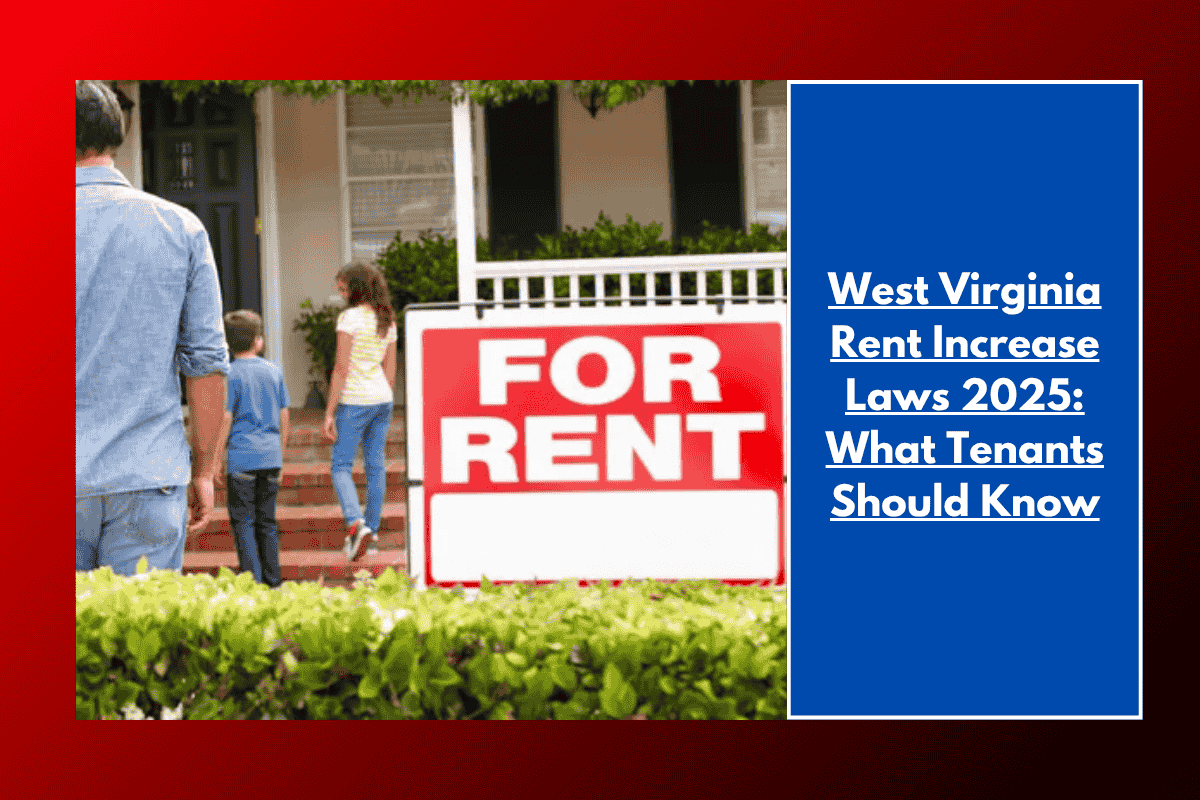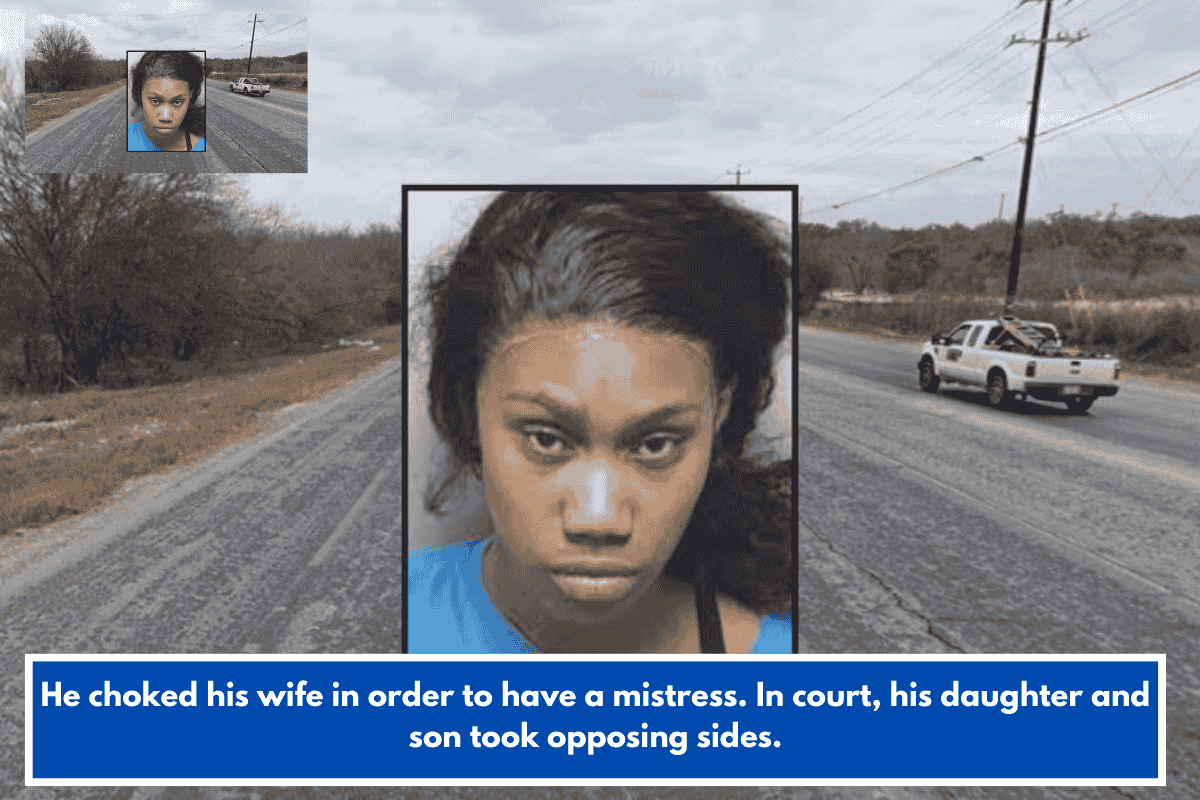As rental prices continue to rise across the United States, understanding your rights as a tenant is essential to navigating any potential changes in rent. West Virginia, like many states, has specific rules regarding rent increases, which protect tenants from unexpected hikes and provide guidelines for landlords.
Whether you’re living in a city apartment in Charleston, a rural rental, or a small town in the state, it’s crucial to know what to expect and what protections are in place. Below is an overview of West Virginia’s rent increase laws as of 2025, detailing how and when a landlord can increase your rent and what you should do if you’re facing a hike.
1. General Rules for Rent Increases in West Virginia
In West Virginia, there are no state-wide rent control laws, meaning that landlords have the ability to increase rent at their discretion. However, there are certain rules and guidelines that landlords must follow to ensure rent increases are legal and fair.
- No Limit on Rent Increases: Unlike some states that have rent control measures in place, West Virginia does not impose any restrictions on how much a landlord can increase rent. However, rent increases must still follow certain procedural rules.
- Written Notice Requirement: If your landlord intends to raise your rent, they must provide you with written notice. The notice should include:
- The amount of the rent increase.The date the new rent will take effect.
2. How Much Notice is Required for a Rent Increase?
The amount of notice a landlord must provide before increasing rent depends on whether you have a fixed-term lease or a month-to-month lease.
- Fixed-Term Lease: If you have a fixed-term lease (for example, a one-year lease), your landlord generally cannot increase your rent until the lease expires. If the landlord wishes to raise rent when the lease renews, they must provide notice before the end of the lease term, typically 30 to 60 days before the lease expires.
- Month-to-Month Lease: For tenants with a month-to-month lease, West Virginia law requires a 30-day written notice from the landlord before the rent increase can take effect. This is true even if the tenant has been living in the rental for a long period.
3. Are Rent Increases Allowed During a Lease Term?
If you’re currently in a fixed-term lease, the rent amount is locked in for the duration of the lease. A landlord cannot increase rent during the lease term unless there’s an explicit clause in the lease agreement that allows for it. Rent increases are only possible when the lease term ends and a new agreement is reached.
4. Rent Increases and Fair Housing Laws
Landlords cannot increase rent for discriminatory reasons. Fair Housing laws prohibit any discrimination based on race, color, national origin, religion, sex, familial status, or disability. If a rent increase is deemed to be discriminatory, tenants have the right to challenge the increase legally.
For example, landlords cannot raise rent for a disabled tenant or a tenant with children if their actions are based on the tenant’s protected status under federal housing laws.
5. What to Do if You Believe the Rent Increase is Unfair or Illegal
If you believe that the rent increase is illegal or unfair, there are several actions you can take:
- Review the Lease Agreement: Ensure the increase aligns with the terms of your lease, especially if you have a fixed-term lease.
- Check for Proper Notice: Make sure the landlord provided you with the required written notice and that it meets the state’s 30-day requirement for month-to-month leases or aligns with the renewal terms in a fixed-term lease.
- Consult Legal Help: If you suspect the increase is illegal or discriminatory, consider seeking advice from a tenant advocacy group or housing attorney to understand your rights and options.
6. Rent Increase and Eviction
While a rent increase itself doesn’t automatically lead to eviction, it can result in disputes that may escalate. If the tenant does not agree to the new rent, the landlord may choose not to renew the lease or give notice to terminate the lease. If a tenant fails to pay the increased rent, it could lead to legal actions, including eviction proceedings.
If your landlord raises the rent but you’re not able to afford the increase, it’s important to discuss your situation with the landlord. They may be willing to negotiate or offer some flexibility to prevent eviction.
7. Rent Control in West Virginia
As mentioned, West Virginia does not have rent control laws. Therefore, landlords are free to set rental prices based on the market rate. However, they still must follow the procedural rules of providing proper notice and avoiding discriminatory practices.
There are no limits to how much a landlord can increase rent, but landlords must still adhere to basic principles of fairness and transparency when adjusting the rental price.
8. Strategies for Tenants Facing Rent Increases
- Negotiation: If the rent increase feels too high, try negotiating with your landlord. For example, you could offer to sign a longer-term lease in exchange for a more reasonable rent increase.
- Look for Rent Assistance Programs: If you are struggling with a rent increase and cannot afford it, look for local housing assistance programs in West Virginia that may be able to help cover the increased costs.
- Seek a New Rental: If the rent increase is too much for your budget and negotiation doesn’t work, consider looking for another rental within your price range.
In West Virginia, rent increases are not regulated by the state, meaning landlords have the ability to raise rent as they see fit, but they must follow the proper procedures outlined in the state’s rental laws. These include providing written notice and allowing time for tenants to adjust, typically 30 days for month-to-month leases. While rent control laws are not in place, tenants can still protect their rights through legal avenues and tenant protections.
If you are a tenant facing a rent increase, make sure to check your lease agreement, understand the rules about notice, and seek help if you believe the increase is unfair or illegal.
SOURCES
[1] https://www.hemlane.com/resources/west-virginia-rent-control-laws/
[2] https://www.steadily.com/blog/rent-increase-laws-regulations-west-virginia
[3] https://www.steadily.com/blog/how-much-can-a-landlord-raise-rent-in-west-virginia
[4] https://www.baymgmtgroup.com/blog/what-is-a-reasonable-rent-increase-in-2025/
[5] https://www.avail.co/education/articles/how-much-should-rent-increase-per-year














